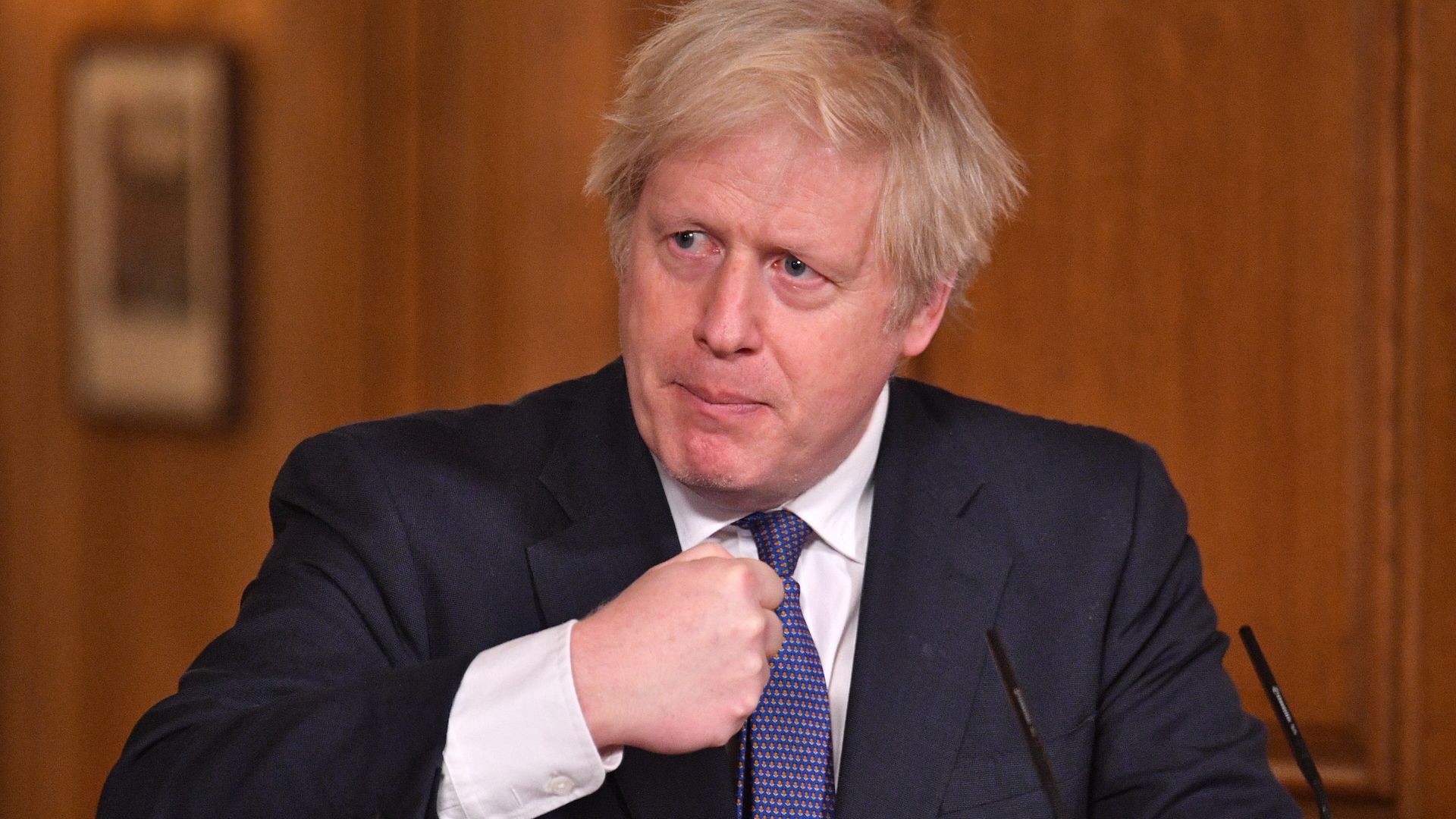
Boris Johnson has shown little to no interest in a report on the abuse of low-paid workers, says the man who led it.
Matthew Taylor, who recently stood down as director of Labour Market Enforcement – a workers’ rights watchdog -, said the government was “indifferent or complacent” to the body’s work.
The report warned that unemployment rises caused by Covid-19 and changes to the immigration system after Brexit could lead to greater exploitation of workers.
Taylor revealed he left the post last week after his contract was not reviewed – despite offering to work for free out of fear the position would be left vacant.
“Ministers and officials appear to be indifferent or complacent about a body that was set up to ensure effective accountability and insight into the scale and nature of non-compliance,” he told the Times.
He claimed the failure to act was down to “inertia and incompetence” and acknowledged that “some people will think this is ideological”.
He said: “But the problem is, where you have inertia and incompetence, it does suggest that nobody is prioritising an issue.
“One gets the sense that the government is caught on the horns of a dilemma. On the one hand, it has an inherited commitment to good work and a commitment to levelling up. And, on the other hand, it has deregulatory instincts.
“It feels as though the government is flip-flopping between these two perspectives and it needs to decide what it wants to do in relation to work, and particularly vulnerable workers.”
The remarks come after the government promised to postpone a review into workers’ rights after Brexit.
Business secretary Kwasi Kwarteng said he halted a post-Brexit review of workers’ rights because it was not a “constructive thing to do”.
Speaking with the BBC’s Political Thinking podcast, Kwarteng said: “I’ve stopped it. I don’t think that’s a constructive thing to do.
“I don’t think the opportunities of Brexit are about whittling away workers’ rights or trying to have a race to the bottom or trying to reduce wages.
“On the contrary, a lot of people in my constituency voted for Brexit because of a stagnation of wages.”
Warning: Illegal string offset 'link_id' in /mnt/storage/stage/www/wp-includes/bookmark.php on line 357
Notice: Trying to get property 'link_id' of non-object in /mnt/storage/stage/www/wp-includes/bookmark.php on line 37






